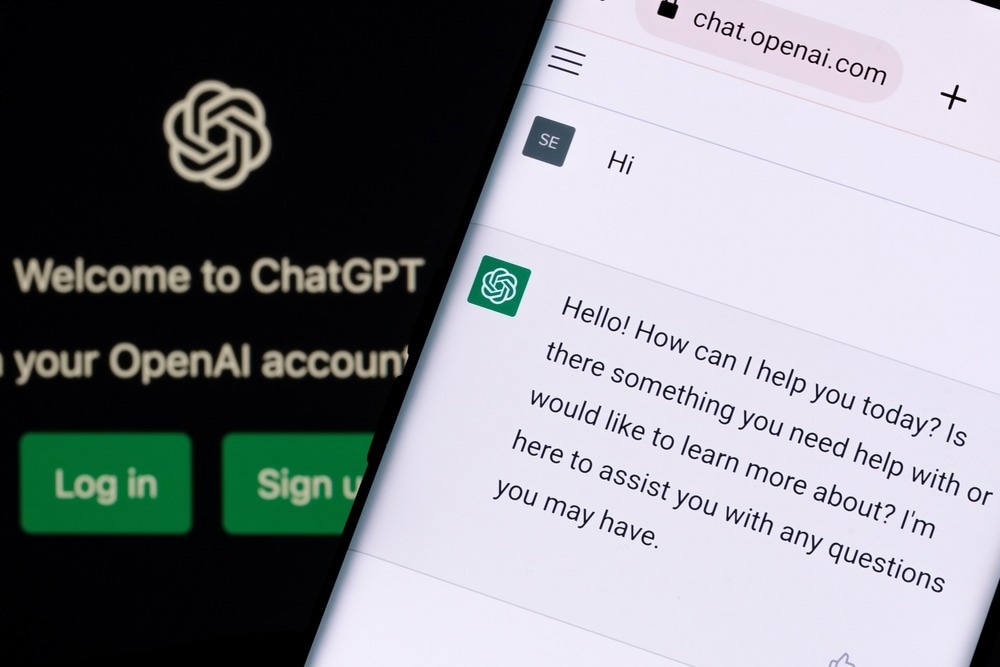Introduction
The latest iteration of OpenAI's ChatGPT, with its sharper real-time voice interactions, could potentially revolutionize the way chatbots are utilized in the healthcare industry. Doctors believe that the humanlike qualities of this new model could enhance patient interaction and comfort levels when seeking health-related advice.
Latest Developments
OpenAI recently announced the upcoming release of GPT-4o, an enhanced version of its flagship model. This new iteration boasts the ability to interpret facial expressions, comprehend voice commands, and respond to text inputs without interruptions.
Potential Applications

Experts such as Robert Pearl, a Stanford University professor and author of "ChatGPT, MD," foresee the incorporation of such interactive tools in patient care settings. The seamless integration of AI chatbots could offer additional support to healthcare professionals in treating their patients.
Challenges and Considerations
Despite the promising advancements in AI technology, surveys indicate that some patients remain cautious about doctors relying on AI for their medical needs. Additionally, healthcare providers express concerns about the potential displacement of human healthcare workers by automated systems.

However, there are healthcare professionals like Pearl who view AI technology as a complementary tool rather than a replacement. Having previously overseen Kaiser Permanente's physician group, Pearl envisions a collaborative relationship between healthcare providers and AI-powered solutions.










